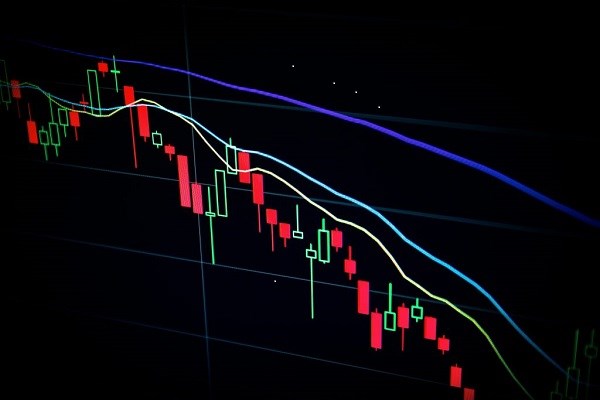This week appeared to not be a good one for canola and wheat futures as both declined, according to Adam Pukalo, Portfolio Manager with Ventum Financial in Winnipeg.
Pukalo said the November canola contract on the Intercontinental Exchange (ICE Futures Exchange) was down approximately $46 a ton as of Friday morning, noting a slower start for the soybean complex ahead of the U.S. Department of Agriculture's (USDA) July supply and demand report that is expected to be released Friday.
"Really the question is whether the USDA can offer anything that can change the bearish narrative around the soybean complex lately. Expectations are kind of a slight increase in ending stocks for both old and new crop. Yield is not expected to change and Argentina and Brazil's crops are anticipated to move slightly, even though CONAB lowered their Brazil production yesterday very slightly." Pukalo said. CONAB, also known as the National Supply Company, is a public company under Brazil's Ministry of Agriculture, Livestock, and Food Supply.
Pukalo added tariff uncertainty remains a significant issue as U.S. President Donald Trump mentioned his intent to send a letter to the European Union related to tariffs.
The September Minneapolis Wheat contract was also down by about 20 cents a bushel this week and the trend seems to be lower, according to Pukalo.
"The USDA again, wheat production and balance sheet will be updated today and we are seeing that really the northern plains will only have a limited precipitation chances over the next week; temperatures will be cooling down next week below normal temperatures, so that's some bullish global production news as well too from CONAB lowering their Brazilian wheat estimates a couple days ago. And really it looks like dryness in Western Australia is expected to reduce their crop, so there are maybe some bullish factors, but right now it seems that kind of wheat is maybe trading a little bit kind of lower to sideways." he said.
Pukalo says the possibility of canola and wheat prices going back up will depend on the weather and if trade uncertainty is sorted out in the weeks ahead.
"I think it really comes down to whether it's going to stay dry and if we could still see some type of maybe stabilization when it comes to the tariffs as well too. That type of volatility just doesn't lend itself well for commodities to settle down and go higher."



